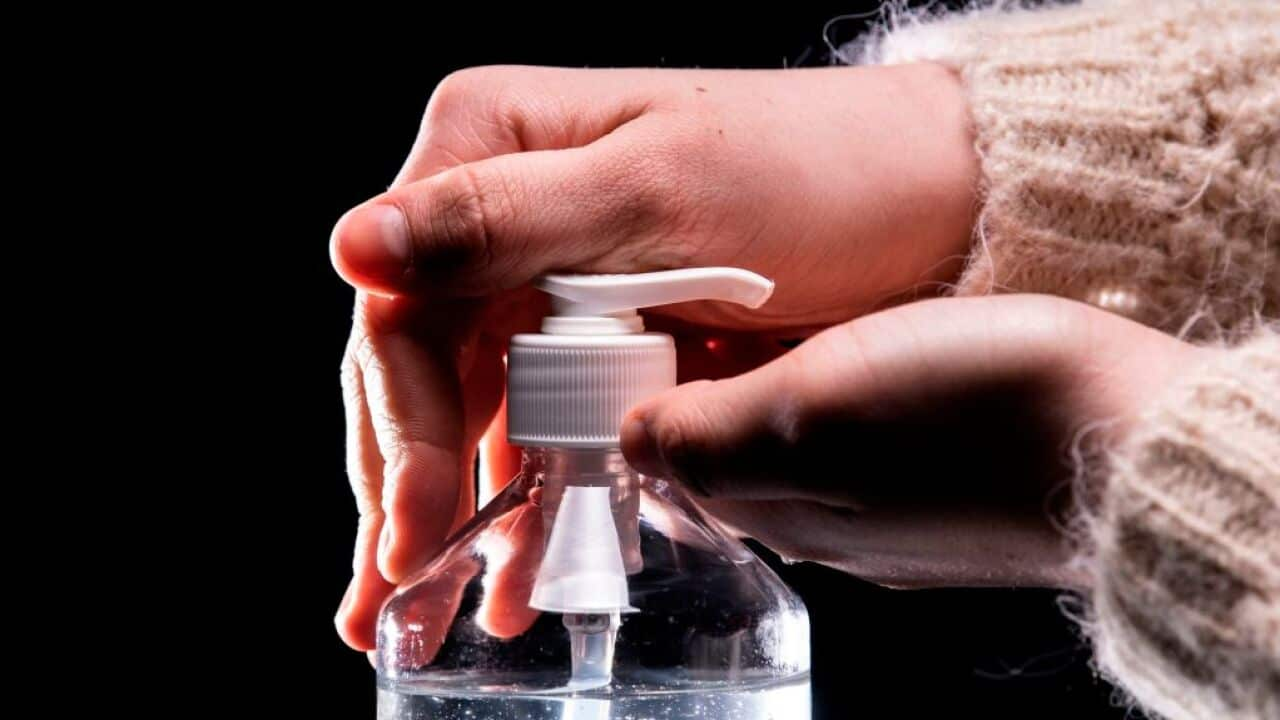1. Why is alcohol the main ingredient in most hand sanitisers?
Alcohol is effective at killing different types of microbes, including both viruses and bacteria, because it . This process, which is called , will cripple and often kill the microbe because its proteins will unfold and stick together. Heat can also denature some proteins – for example, when you cook an egg, the solidified egg whites are denatured proteins.
2. Alcohol doesn’t kill some microbes very well - why not?
There are different types of bacteria and viruses, and some types are more easily killed by alcohol. For example, E. coli bacteria, which can cause , are very effectively at concentrations over 60 percent. Differences in the outside surface of various bacteria make alcohol sanitisation more effective against some of them than others.
Similarly, some viruses have an , while others are non-enveloped. Alcohol is effective at killing enveloped viruses, including the , but is less effective at killing non-enveloped viruses.
Whether you are trying to kill bacteria or viruses, many research studies have found that an alcohol concentration of to be effective.
3. If 60% alcohol is good, is 100% better?
Surprisingly, no. Protein denaturation actually works faster when a small amount of water is mixed with alcohol. And pure alcohol would evaporate too quickly to effectively kill bacteria or viruses on your skin, especially during winter when the air is less humid.
Using 100 percent alcohol also would dry your skin out very quickly and cause it to become irritated. That might cause you to not sanitise your hands as frequently as needed. This is why most hand sanitisers contain , which are mixtures that help soften and moisturise your skin.
4. Are homemade hand sanitisers a good idea?
In my view, no. You may see do-it-yourself formulas online, including some that use vodka. However, vodka is typically 80 proof, which means it’s only 40 percent alcohol. That’s not high enough to effectively kill microbes.
The rubbing alcohol you have in your bathroom for cuts and scrapes might seem like a good alternative, but if you are already near a sink, the best choice is to with soap and hot water.
5. Does hand sanitiser expire?
Most commercial hand sanitisers are effective for a couple of years when they are stored properly and are marked with expiration dates. One thing to keep in mind is that alcohol is volatile, which means that over time the alcohol will slowly evaporate and the sanitiser will lose its ability to effectively kill viruses and bacteria. However, with hand sanitiser in such high demand now, you’re unlikely to buy one that is expired.
[You’re smart and curious about the world. So are The Conversation’s authors and editors. .]
 , Associate Professor of Biological Sciences, This article is republished from under a Creative Commons license. Read the .
, Associate Professor of Biological Sciences, This article is republished from under a Creative Commons license. Read the .






